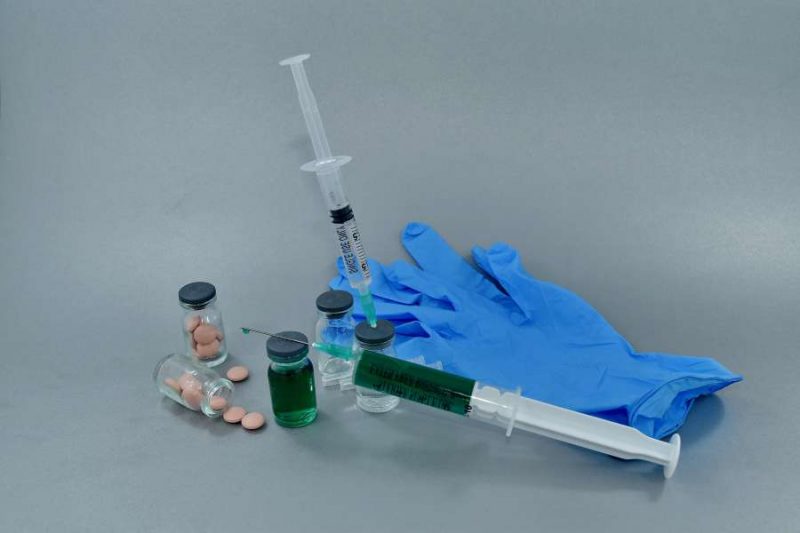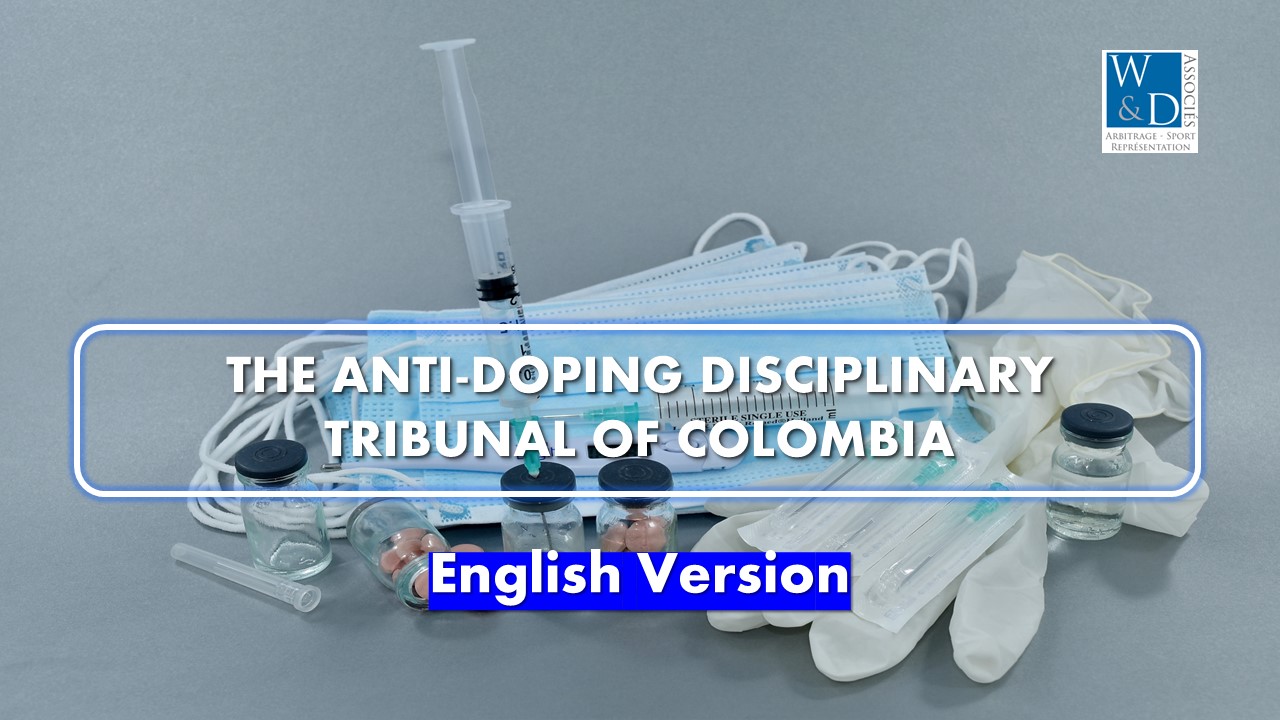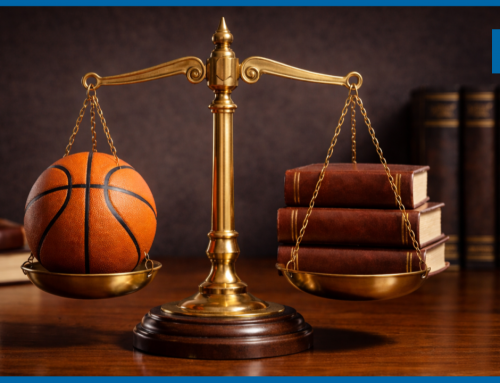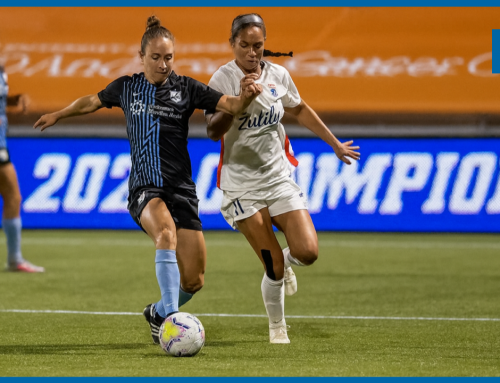Published and translated by the firm Winter – Dávila & Associés
Paris, 01 August 2022

Author: Félix Andrés Burgos Méndez
Lawyer from the Universidad Externado de Colombia. Master’s Degree in Sports Law from the Escuela Universitaria del Real Madrid-Universidad Europea (Spain). Specialist in Sports Management from the Escuela Nacional del Deporte (Colombia). Research Professor in Sports Law and Academic Coordinator of the Specialisation in Sports Law at the Universidad Externado de Colombia (Colombia). Executive Advisor to the Colombian Olympic Committee. Treasurer of the Colombian Canoeing Federation.
📍Versions of the article availables in others languages:
🇪🇸 Versión en Español
🇫🇷 Version Française
Do you need lawyers in France? Do not hesitate to contact us!
As Colombia continues to position itself as a continental sports power, and as the Olympic cycle to Paris 2024 has already begun with the crowning of our delegation at the XIX Bolivarian Games (Valledupar 2022), it is equally important to note the regulatory changes that transcend in legal/sports matters in the light of the principles of fair play and sports integrity. This is because the sports process of athletes starts with preparation and competition, which, from the perspective of organised sport, cannot be isolated from the commitments made by the Colombian State, the Ministry of Sport (the Ministry), the Colombian Olympic Committee (COC), the Colombian Paralympic Committee (CPC), as well as all those entities and bodies that make up the national sport system and that directly and indirectly are signatories to or are binding on the World Anti-Doping Code (the Code) of the World Anti-Doping Agency (WADA).
Therefore, this commentary will address how, in compliance with the UNESCO convention[1] and national sports legislation, focused on the international fight against doping, assumed by the Colombian State and the sports sector, the institutional commitments are strengthened and explained with the creation of the Anti-Doping Disciplinary Tribunal.
YOU CAN ALSO READ: Antidoping: New list of prohibited substances for 2022
Thus, it is necessary to understand the legal reforms and the process that took place to make this court fit into the anti-doping system.
Antecedents
Law 2084 of 2021
Adopting measures to prevent and combat doping in Colombia, established in Article 5 the Anti-Doping Disciplinary Tribunal (the Tribunal) in order to avoid any undue interference, lack of impartiality and independence in the management of results, anti-doping offences and disciplinary decisions. The reason: to ensure due process from Sample collection to the appropriate decision in light of the Code and its implementing rules, i.e., throughout the anti-doping process (in both amateur and professional sport, in both conventional sport and sport by persons with disabilities).

Photo: freepics.com
This means that the disciplinary commissions within the national sports bodies will no longer be competent to hear, ex officio or on request, violations of anti-doping regulations in sport, which will be handled by the new tribunal. The court is composed of two chambers: the disciplinary chamber (preliminary and first instance) and the appeals chamber (which allows for a double instance on appeal). Each is composed of two lawyers and a doctor specialised in sports medicine[2] for a period of 4 years.
The composition of the chambers, as specified by law at the time, would be appointed by public call and on merit by the presidents of the COC, CPC and the Colombian Association of Sports Medicine (AMEDCO).
Decree 1648 OF 2021
Through this regulatory decree of the ministry, its articles 2.12.3.1 and following, address the way in which not only the procedural actions will be implemented, but also the guidelines to form the chambers. Thus, these entities were responsible for establishing the process of calling for applications, evaluation and appointment of members (opening, registration, verification of requirements, selection criteria, preliminary results, complaints and final results).
Joint Resolution 001 of 2022
In response to the legal mandate, the COC, CPC and AMEDCO set up a joint commission and working groups to implement the process. In other words, between the three of them, the resolution was issued that regulates: the purpose and functions of the tribunal, the positions to be filled, requirements, stages and selection criteria (academic and experience).
YOU CAN ALSO READ: Reduced sanctions for recreational drug use in sport
Epilogue
I wanted to share this brief commentary – descriptive – because it was the product of my professional and academic experience, both as an advisor to the COC and as a research professor in sports law. It is a point of reference not only to respect the Colombian anti-doping programme, but also because it will necessarily give further development to Colombian sports law, because if there is something specific to this branch of law, it is the peculiarity and regulatory evolution of doping.
We welcome the academic, scientific, political, social and professional spaces to continue our unfinished work in the country: the professionalisation of the sports sector, in this case, from the legal and regulatory point of view. We will continue to be attentive, and to prepare ourselves to take them on.
If you liked this topic, we invite you to share the article, comment on it and also to visit the rest of publications in the social networks and platforms of Winter – Dávila et Associés
If you want advice related to the subject of the article, do not hesitate to contact us! (email: contact@wdassocies.com)
Original language of the article: Spanish
LEGAL NOTICE: This article has been prepared for informational purposes only. It is not a substitute for legal advice directed to particular circumstances. You should not take or refrain from taking any legal action based on the information contained without first seeking professional, individualized advice based on your own circumstances. The hiring of a lawyer is an important decision that should not be based solely on advertisements.
This article was published by Winter – Dávila & Associés, an international law firm based in Paris, in France, represented by lawyers specialized in sports law, corporate law, arbitration and representation.








Leave A Comment